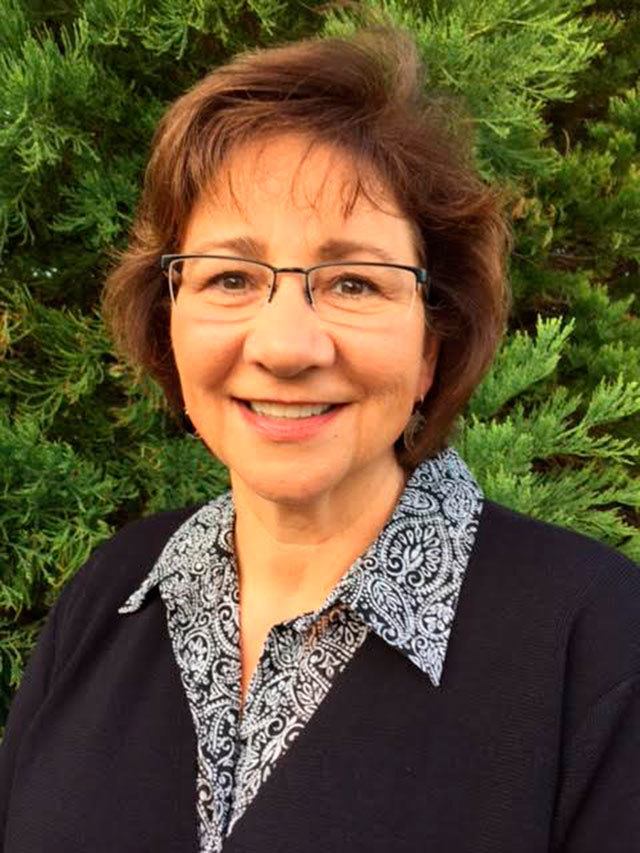I feel the need to respond to Maryon Attwood’s Dec. 28 letter to the editor. Her letter’s primary emphasis is on the Navy’s draft Environmental Impact Statement, EIS, which is currently out for public comment. This is an important topic, and is of interest to many in the greater Coupeville community. However, the statement I want to address, one that seems to be included only for its emotional impact, is: “Today, we know that the worst is true – water is contaminated with a bad-acting fire-retardant chemical. In Coupeville’s coffee shops and restaurants now, contaminated water is served…”
While I appreciate Ms. Attwood’s passion, this type of intentional distortion has no place in a reasonable discussion. Clearly, it was meant only to instigate fear and panic in the community and was apparently written without regard to its emotional or economic effect. While the protection and future of our water supply is of critical importance, it must be addressed using the best, most current, information available and without resorting to fear mongering.
Recently, the Environmental Protection Agency — EPA — set lifetime health advisory levels for two firefighting chemicals, Perfluorooctanoic acid — PFOA — and Perfluorooctane sulfonate — PFOS, at 70 parts per trillion (ppt). This is intended to be a safe and protective level against adverse health effects if you consume water, at this level or below, for an entire lifetime.
The Town of Coupeville uses four wells in the Keystone and Fort Casey area to supply water to the public. The water from all four wells is blended together before entering the town’s distribution system.
Through qualified, outside testing laboratories, the town and the Navy have independently conducted tests on our wells, and at the point the water enters our public distribution system. Three of the wells tested at the non-detect level for both compounds. The Keystone well tested at 59, 61 and 62 ppt for PFOA. At distribution, after the water is blended, it tested at 25, 27 and 38 ppt for PFOA. All of these results are below the EPA’s lifetime advisory level.
People with different agendas are carelessly using the word ‘contaminated’ with reference to public drinking water. Technically, the definition of contaminated is: making something impure by exposure to or addition of a poisonous or polluting substance. Water can be contaminated by many different sources; naturally occurring geological factors, animals, agriculture and man-made substances. However, I think when people hear “contaminated water is served” they believe it to be unsafe to drink. With the facts we have right now, I do not believe that is the case with the Town of Coupeville’s drinking water. According to the county and state agencies charged with protecting public health, the town’s drinking water is safe.
You will hear people cite different countries and states who consider levels lower than 70 ppt to be unsafe. You will hear people claim to be ‘experts’ on PFOA and PFOS. Some people are holding public meetings, bringing in ‘consultants’ to talk about these compounds. I would remind you to question the information you are hearing. Just because we live in an age of instant information, does not make all people experts, or all sources credible, or all motives pure. Ask questions, be informed.
I do not claim to be an expert on safe drinking water. I have chosen to follow the advice, recommendations and requirements of the Environmental Protection Agency, the Agency for Toxic Substances and Disease Registry — a branch of the Center for Disease Control, the State Department of Health — DOH — and Island County Public Health. Using their guidelines, the Town of Coupeville’s water is safe to drink. Do I wish our water was 100 percent free of all impurities? Yes. Do I think this is a realistic goal for water these days? No. Even though there may be some level of “contaminants” in drinking water, those levels may be such that they don’t pose a threat to public health. And if the levels of any given “contaminant” exceed the water quality health standards set by the appropriate regulatory authorities, we would treat the water to reduce the level of ”contaminant” so that it meets those water quality health standards.
I don’t want to give the impression that this is not an important issue. It is. Safe drinking water is vital to the health and well-being of any community. I also understand this is just the beginning of the story. The EPA could lower their lifetime advisory threshold. The DOH could decide to regulate these compounds. We need more information on private wells and ground water movement. We need to take care of the individual homeowners with effected wells. We will continue to test the Town wells out of an abundance of caution. We will be vigilant and aggressive in our responsibility to provide the Town of Coupeville with safe drinking water. We will continue to be completely transparent as new issues arise and new information is received.
What’s my bottom line on this subject? Don’t panic. Don’t make careless comments that can cause fear and distrust among your neighbors. Don’t call into question the safety of our drinking water because you are trying to fortify your comments on the EIS. Don’t thoughtlessly make a comment about Coupeville’s coffee houses and restaurants that could affect their business. Please, please, act and speak responsibly.
The absolute bottom line is the experts in regulating public water supply will confirm that the Town of Coupeville’s water meets statewide standards and is deemed safe to drink.
I am always available and happy to answer questions about our drinking water or any other subject. You can find me in Town Hall…or a local coffee shop…or one of our many wonderful restaurants.
n Molly Hughes is mayor for the Town of Coupeville.



